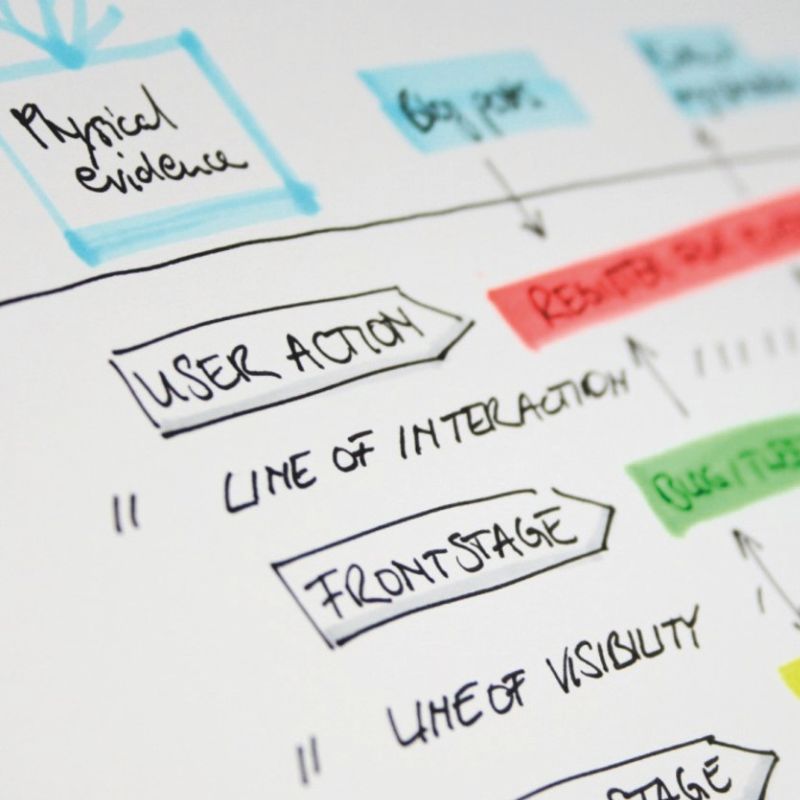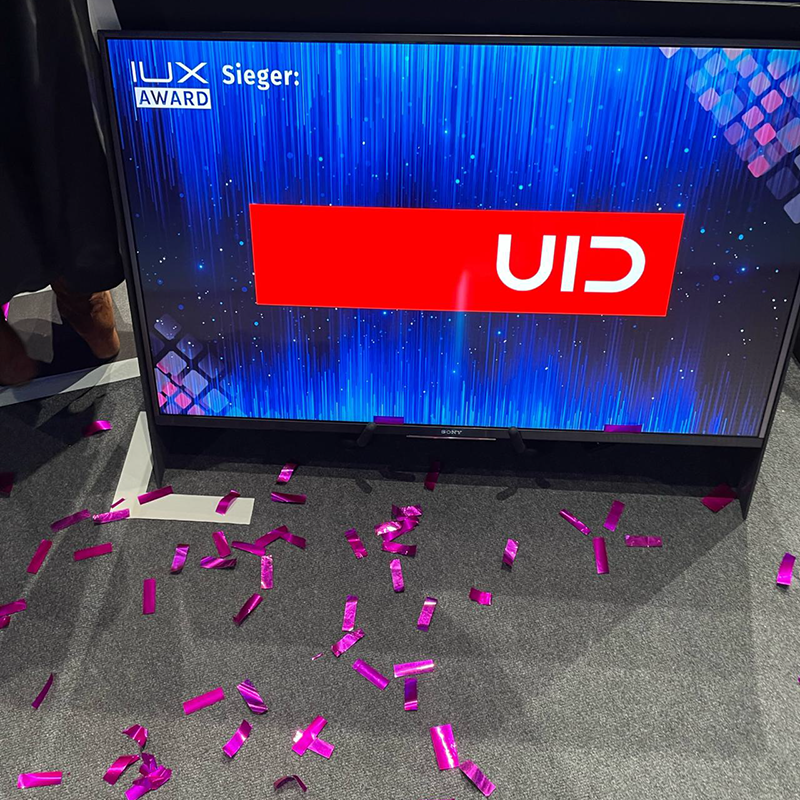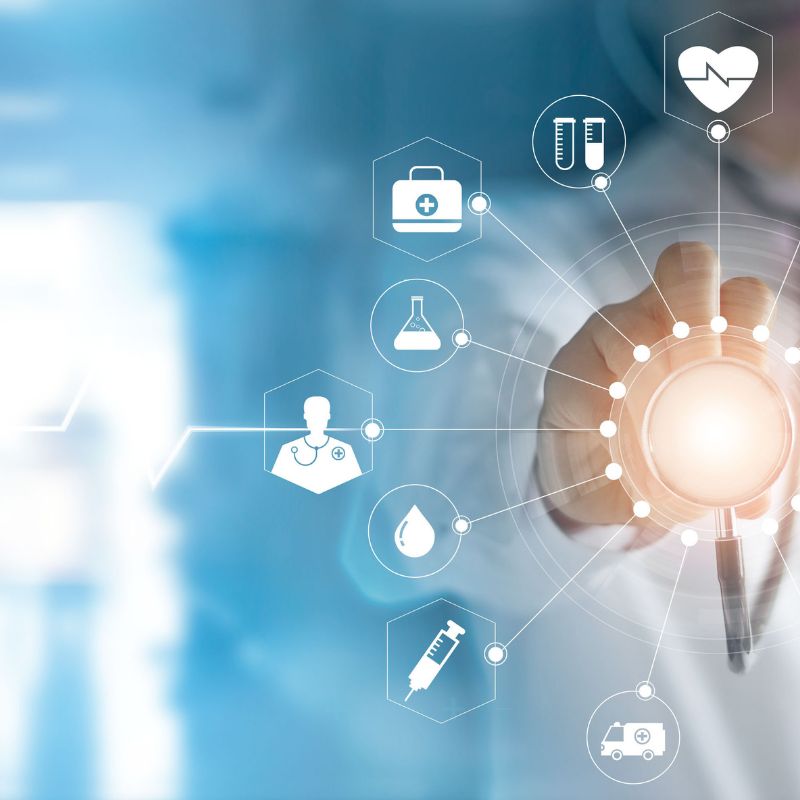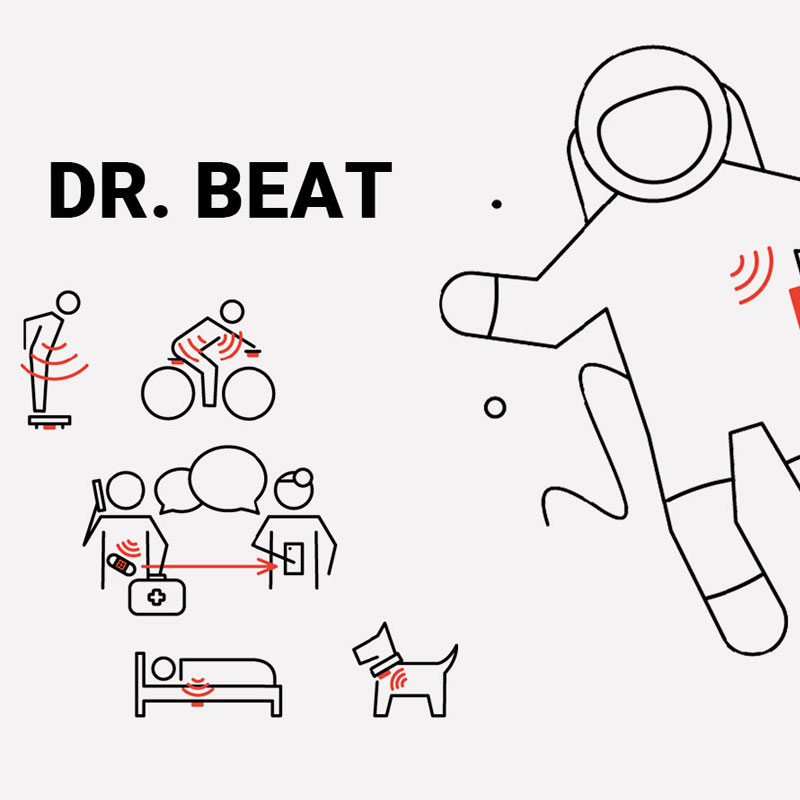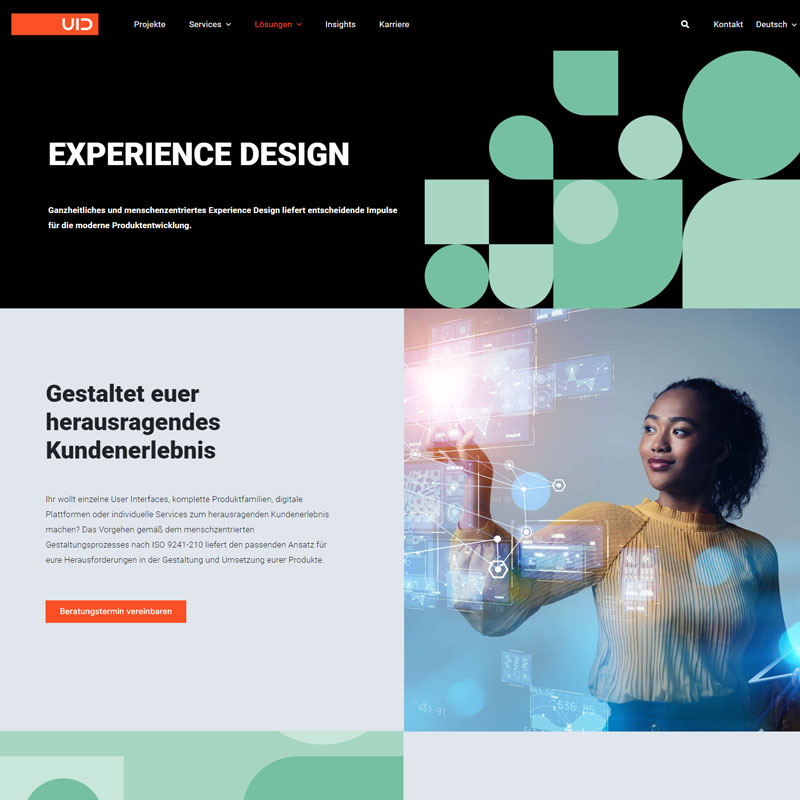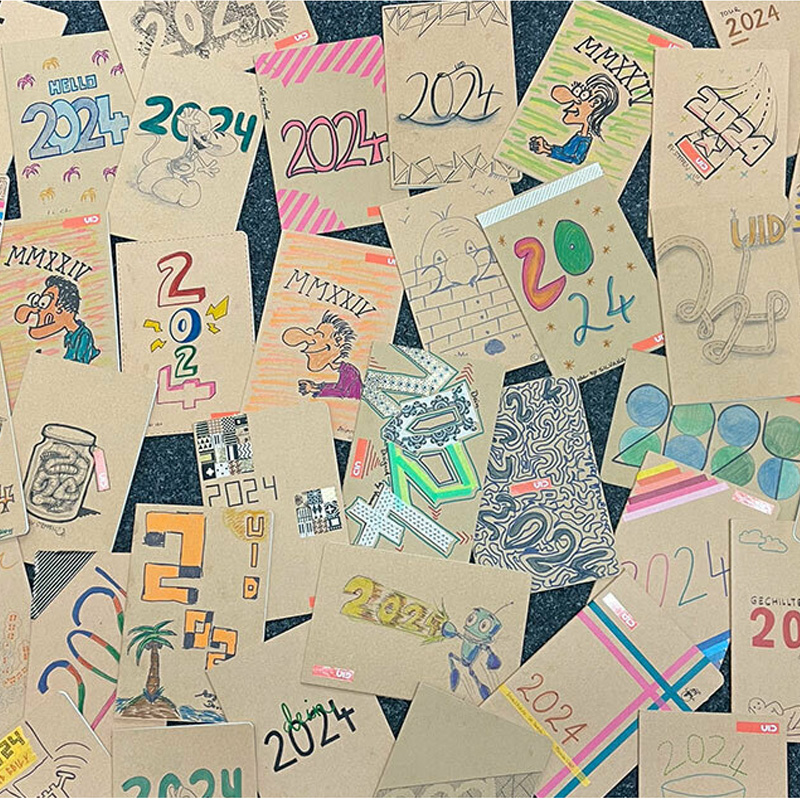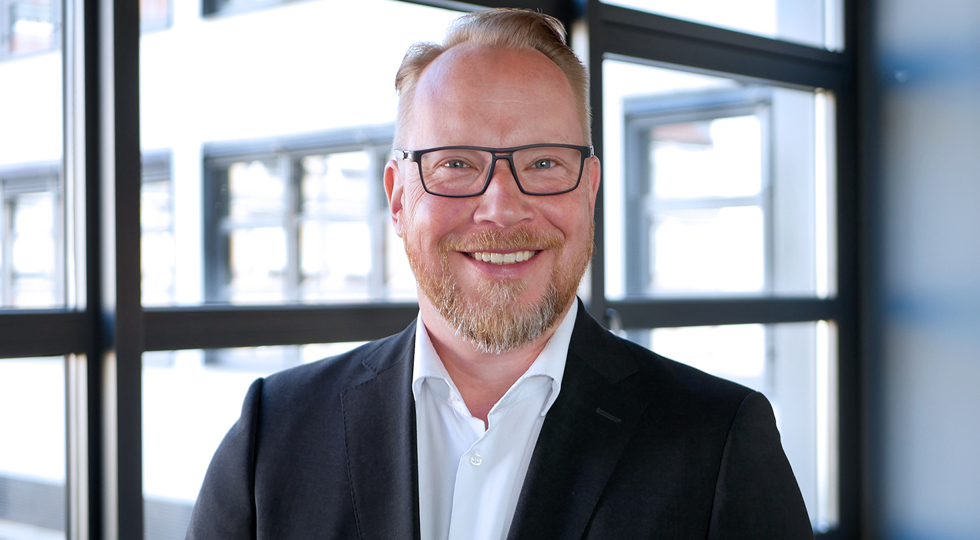15.10.2020
Herzklopfen inklusive: „Dr. Beat“ holt zweiten Platz bei den INNOSpace Masters
Our hearts skip skip a beat – bei dem Wettbewerb INNOspace Masters 2019/2020 holten wir den zweiten Platz! Das Deutsche Zentrum für Luft- und Raumfahrt e.V. (DLR) zeichnet mit den INNOspace Masters jährlich innovative Konzepte und Ideen aus, die Herausforderungen der Raumfahrt oder raumfahrtfremder Branchen durch Wissens- und Technologietransfer lösen. Mit unseren Partnern DSI Aerospace Technologie GmbH (DSI) und der Medizinischen Hochschule Hannover (MHH) schickten wir das Projekt „Dr. Beat“ bei der DLR Challenge ins Rennen. Es schlägt die Brücke von der Raumfahrt zur Medizintechnik und ermöglicht das frühzeitige Erkennen kardiologischer Auffälligkeiten. Dieses Jahr evaluierten mehr als 40 Fachexperten die 117 eingereichten Ideen. Mit den Finalisten der vier weiteren Challenges präsentierten wir „Dr. Beat“ bei der virtuellen Konferenz und Preisverleihung – und freuen uns riesig über den Erfolg!
Astronauten unterliegen in der Schwerelosigkeit einer hohen körperlichen Belastung. Der sonst so einfache Gang zum Arzt – bei Beschwerden im Weltall unmöglich. Die Überwachung zentraler Körperfunktionen spielt in der Raumfahrt daher schon immer eine große Rolle. Die Ballistokardiographie (BCG) erfasst mittels moderner, digitaler Mikroelektronik verschiedene Herzfunktionen. Sie hat ihre Ursprünge in der Schwerelosigkeit, birgt aber auch großes Potential bei der Erkennung von Herzkrankheiten auf
der Erde. Diese stellen nicht nur die weltweit häufigste Todesursache dar, sie sind auch teuer. Existierende Systeme zur Herzdiagnostik bieten nur limitierte Möglichkeiten, um Risikopatienten zu überwachen oder sind nur stationär anwendbar. „Dr. Beat“ setzt daher auf die BCG, um die Erkenntnisse der Raumfahrtmedizin auf die Diagnostik von Herzerkrankungen anzuwenden und kardiologische Auffälligkeiten im Alltag besser und schneller zu erkennen.
Herzmonitoring neu gedacht
Im Projekt wollen wir gemeinsam mit unseren Partnern ein hochpräzises und kostengünstiges BCG-Sensorik-System entwickeln. Patienten tragen es als „Wearable“ oder „Smart Textile“ am Körper. So ermöglicht es das kontinuierliche Monitoring relevanter Parameter wie einzelner Klappenschlüsse oder Füllvolumina. Künstliche Intelligenz (KI) soll die umfangreiche Signalaufbereitung, Datenauswertung und Diagnostik sautomatisieren. Die Einsatzszenarien sind vielfältig: Sie reichen von der Notfall- und Langzeitdiagnostik über das Self-Tracking bis zur Präventivdiagnostik.
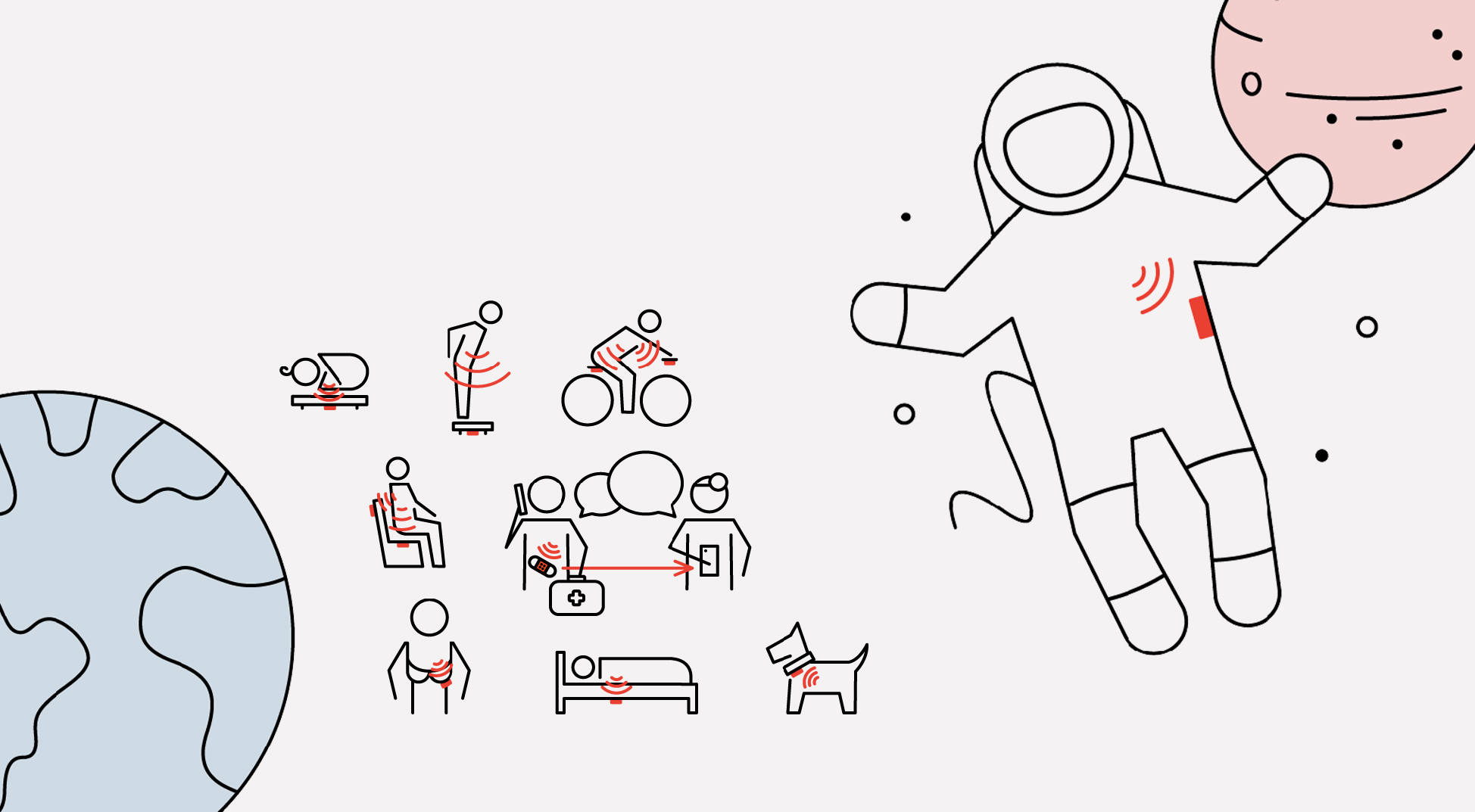
Drei Partner, dreifache Kompetenz
Ein Technologie- und Wissenstransfer setzt langjährige Erfahrung und Kenntnisse in unterschiedlichen Disziplinen voraus. Gemeinsam mit unseren Partnern konnten wir verschiedene Kompetenzen zusammenführen und erfolgreich die Brücke zwischen Raumfahrt und Medizintechnik schlagen:
- UID: Konzeptentwicklung vom Prototyp zur medizinischen Anwendung, Daten-Visualisierung, Nutzerstudien
- MHH: Universitäre Forschung und Erhebung medizinisch-relevanter Daten
- DSI: Entwicklung des Sensors und der Analysesoftware
Der Blick in die Zukunft
Die Gewinner erhalten neben weltweiten Netzwerkkontakten technologische Unterstützung. Beides soll dabei helfen, das Vorhaben umzusetzen. Darüber hinaus wird „Dr. Beat“ finanziell gefördert. Damit wollen wir in den kommenden Monaten und Jahren vor allem die Anwendungsszenarien weiter schärfen und die Prototypen in klinischen Studien verfeinern. Ziel ist es, aus den gesammelten Daten einen echten Mehrwert für Raumfahrer und Risikopatienten auf der Erde zu generieren. Gleichzeitig sind wir weiterhin offen für Gespräche mit Healtcare-Unternehmen, die mit der Ballistocardiographie neue Maßstäbe in der Kardiologie setzen wollen.


